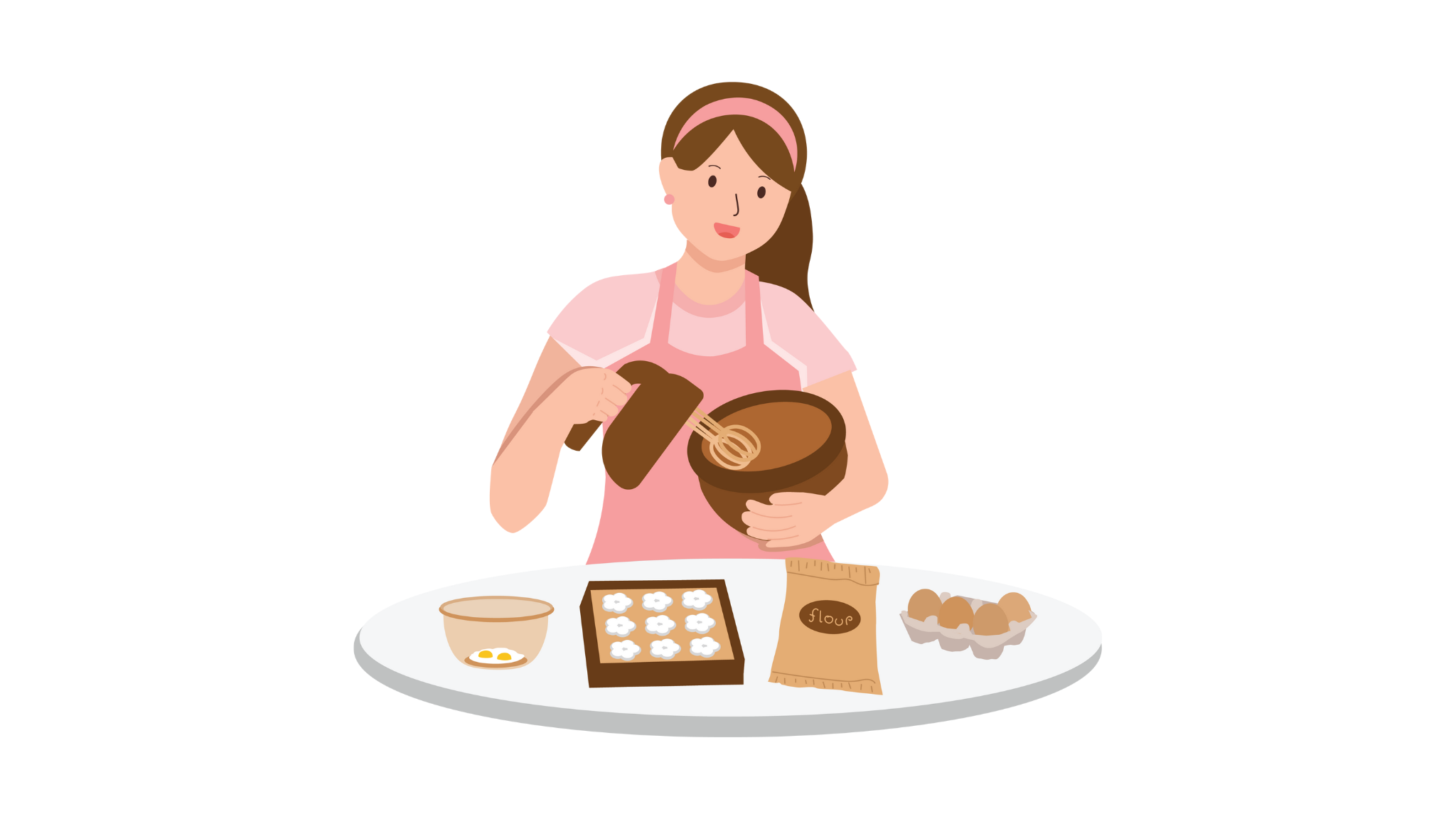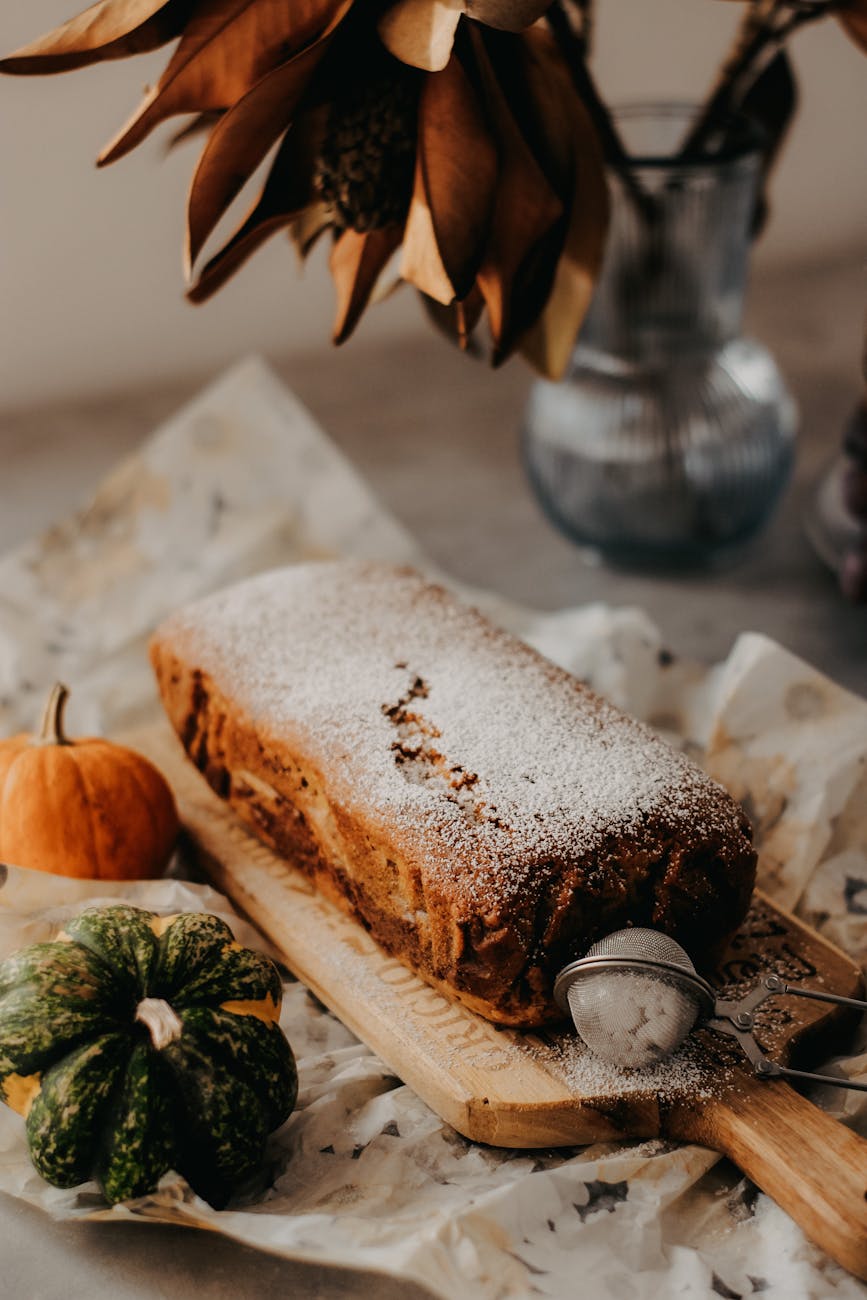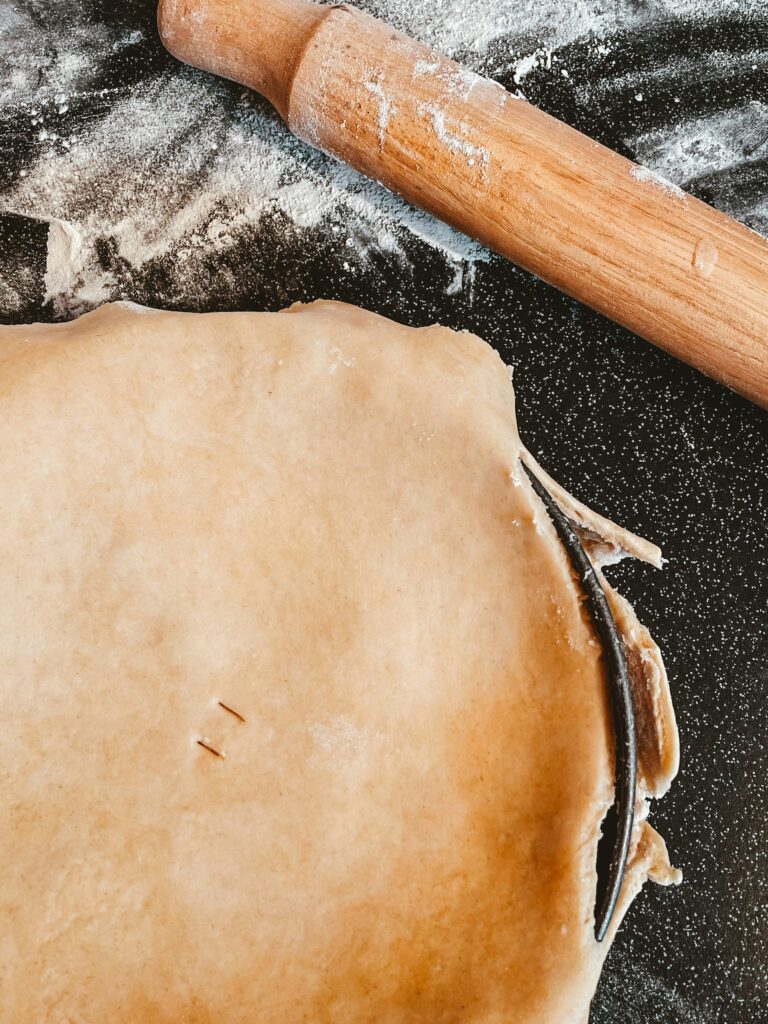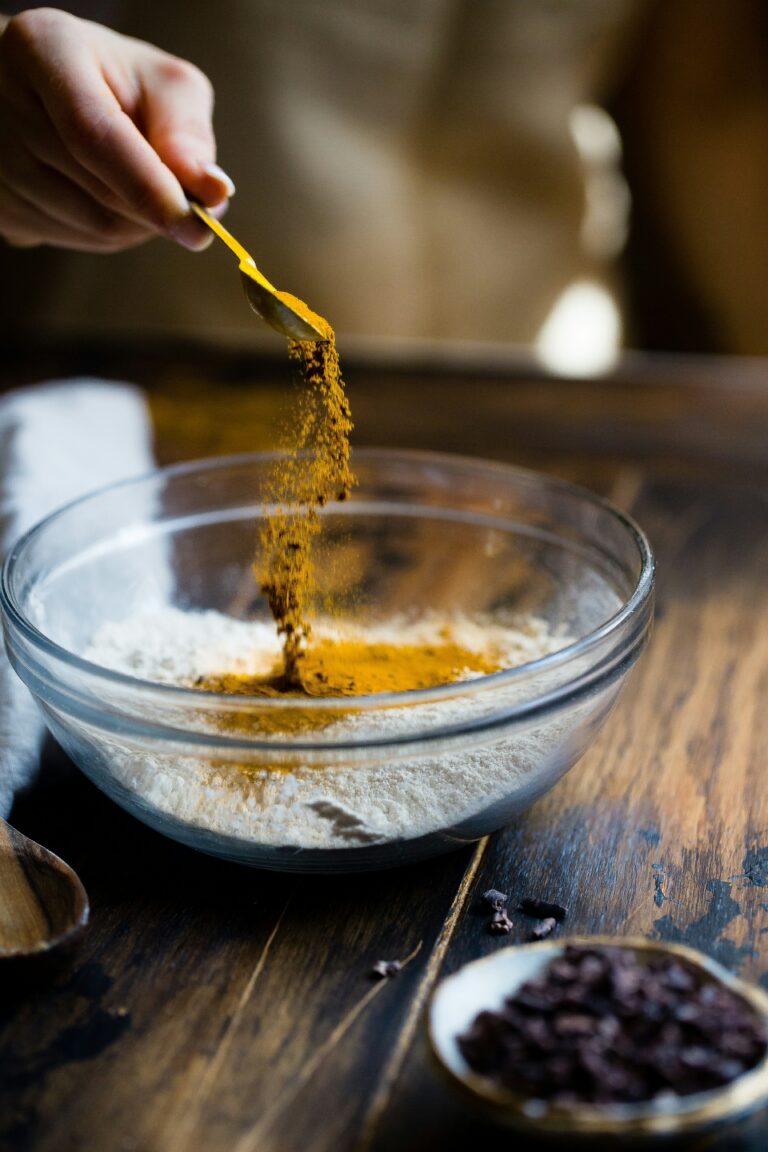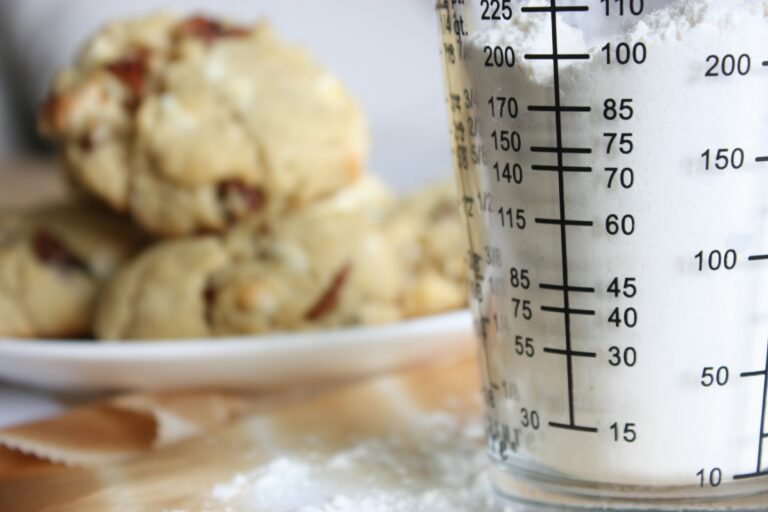Importance of Accurate Measurement in Cooking
When it comes to culinary endeavors, precision plays a pivotal role in the success of cooking and baking. Ensuring accurate measurements is not just a matter of technique but a fundamental aspect that can make or break a dish.
Precision in Cooking and Baking
Cooking and baking are intricately scientific processes that rely on precise measurements to achieve consistent and desirable results. Whether it’s a pinch of salt or a cup of flour, each ingredient contributes to the overall composition and flavor profile of a dish. Deviating from the specified measurements can alter the texture, taste, and even the appearance of the final product.
Maintaining accuracy in measurements is particularly crucial when it comes to baking, where chemical reactions between ingredients are essential for the formation of the desired texture and structure. A slight deviation in measurements can lead to cakes that are dense instead of light and fluffy or cookies that are flat instead of chewy.
Impact of Incorrect Measurements
Inaccurate measurements can have a domino effect on the outcome of a dish. Using too much flour in a cookie recipe, for instance, can result in cookies that are dry and crumbly. On the other hand, adding too little sugar to a cake batter may lead to a lack of sweetness and caramelization during baking.
Moreover, discrepancies in measurements can also affect the nutritional content of a dish. In recipes where precise measurements are crucial, such as those for dietary restrictions or specific health goals, inaccurate measurements can compromise the intended nutritional balance.
To delve deeper into the significance of precise measurements in cooking and baking, it’s essential to debunk common misconceptions and myths surrounding kitchen measurements. Understanding the equivalence between different units of measurement and standardizing kitchen practices can significantly enhance the cooking experience and elevate the quality of culinary creations.
For further insights into the accuracy of measuring kitchen ingredients, explore our discussion on pinch vs. dash and cooking measurement equivalents. By mastering the art of precise measurement, aspiring cooks and seasoned chefs alike can unlock a world of culinary possibilities and elevate their gastronomic creations to new heights.
Debunking the Myth: Is 25 Grams Equal to 1 Cup?
When it comes to accurate measurement in cooking and baking, the debate over whether 25 grams is equivalent to 1 cup has caused confusion for many enthusiasts. Let’s dive into the discrepancies surrounding this measurement and explore common kitchen measurement conversions and standards.
Understanding Measurement Discrepancies
The conversion of grams to cups is not always straightforward, as it can vary depending on the ingredient being measured. Different ingredients have different densities, which can affect the volume they occupy in a cup. For example, 1 cup of flour will not weigh the same as 1 cup of sugar due to their distinct densities.
While some sources may suggest that 25 grams is roughly equivalent to 1 cup for certain ingredients, this is not a universally accurate conversion. To ensure precision in your cooking and baking, it’s crucial to rely on standardized measurement conversions and tools. Understanding the nuances of ingredient densities and measurement units can help you achieve consistent and reliable results in the kitchen.
Common Kitchen Measurement Conversions and Standards
To debunk the myth of a universal conversion of 25 grams to 1 cup, it’s essential to refer to established measurement standards and conversion charts. Below is a table outlining common kitchen measurement conversions for popular ingredients:
| Ingredient | Grams (1 cup) |
|---|---|
| All-Purpose Flour | 120g |
| Granulated Sugar | 200g |
| Butter | 227g |
| Rolled Oats | 90g |
| Water | 240g |
It’s evident from the table that the weight of 1 cup varies depending on the ingredient being measured. Therefore, it is not accurate to assume a universal conversion of 25 grams to 1 cup across all ingredients. To accurately measure ingredients for your recipes, it’s recommended to use a measuring cup or a kitchen scale to ensure precision and consistency in your culinary creations.
By understanding measurement discrepancies and referring to reliable conversion charts, you can debunk common myths surrounding measurements in cooking and baking. Embracing accurate measurement practices not only enhances the quality of your dishes but also elevates your culinary repertoire with precision and proficiency.

